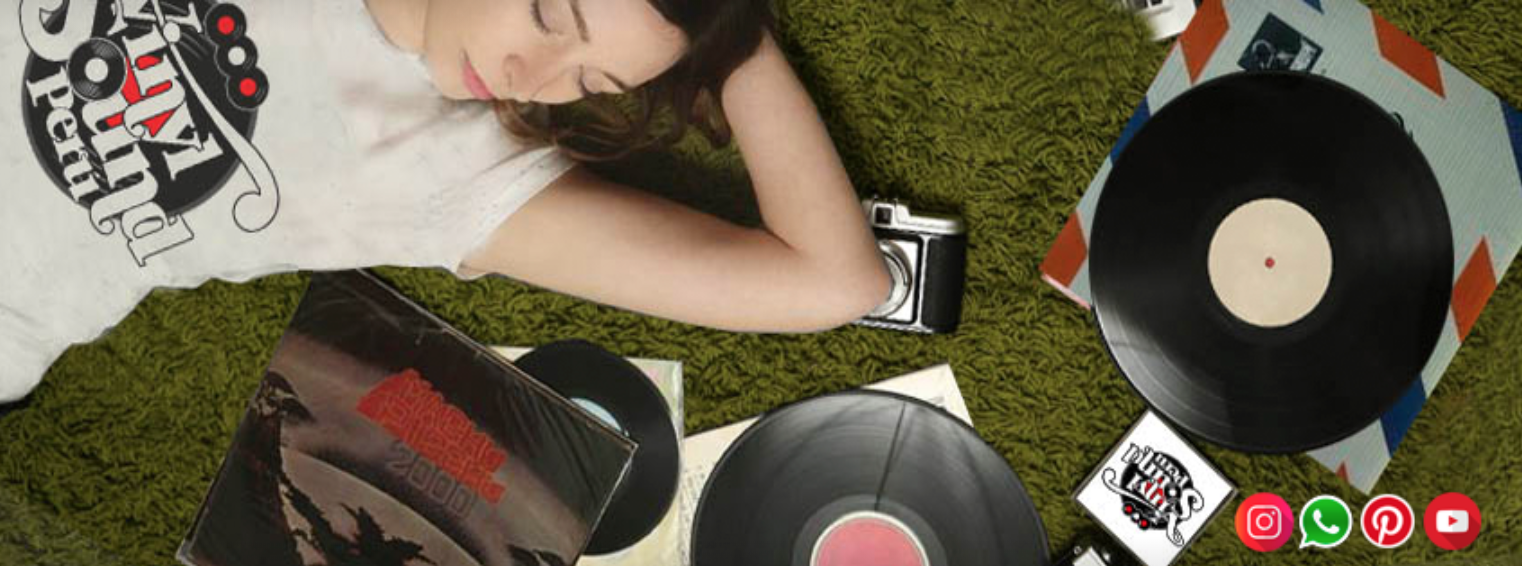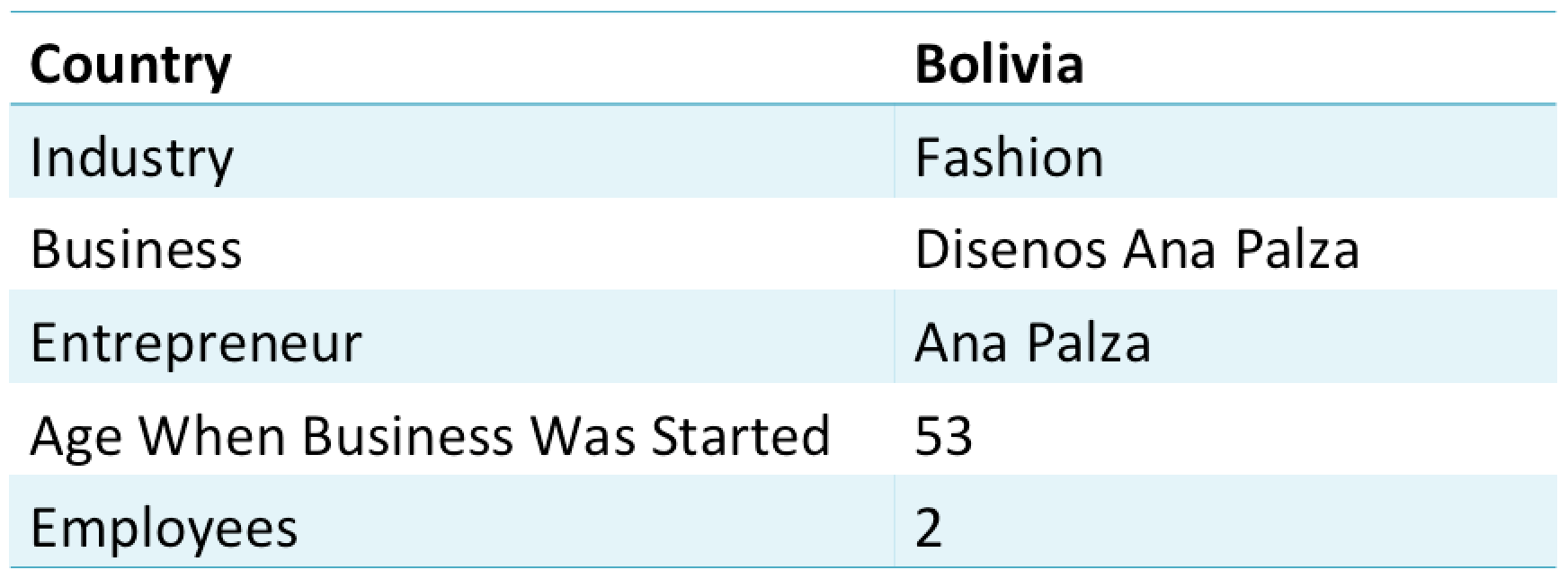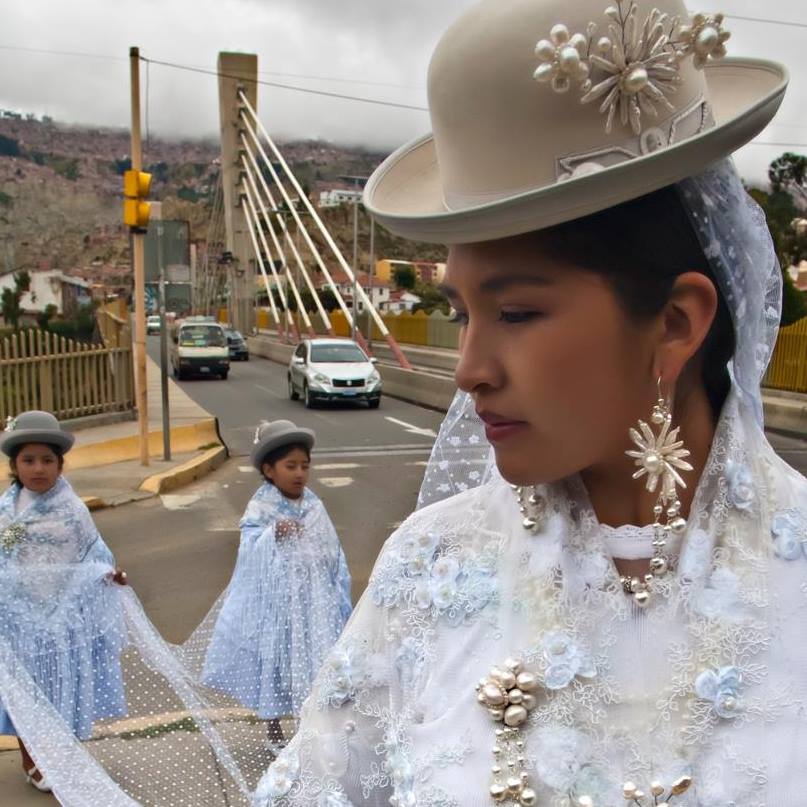“When I first entered the family business, I was known as being a witch,” admits Angela Diaz of Equilab – A medical supplier based in Santiago, Chile. “I was horrible. I was afraid of the responsibility that I had and not having the strength to live up to my father’s expectations in running the company. I used to think that my only job was to have the most intelligent ideas for the company. And, when I didn’t always have ideas or when someone else had better ideas than mine, it affected me greatly.”
After leaving the company for a short time, Angela realized that, “it wasn’t my job to have the most intelligent ideas but to give space for intelligent people to have intelligent ideas. This shift in thinking completely altered things for me and the company.”
Equilab was founded 34 years ago by Angela’s father. Her father's story is truly a rags to riches tale. At age eight, he ran away from his aunt’s home where he was treated as a servant, and ended up living on the streets. “In the past, a lot of kids were living on the streets. It was a tough period in our country’s history.”
At age eighteen he decided it was time for a change and he joined the Chilean military. “It transformed his life and he studied at night while working during the day. After seven or eight years, he applied to university where he studied chemical engineering,” says Angela. After working in the science lab supplies industry for a few years in Venezuela, her father returned to Chile to start his own business.
“Equilab went from one employee to 150, and in 2013, we were bringing in 8,000 Million Chilean Pesos.” Today, things aren’t quite so rosy for Angela who took over the family business after her father passed away. Between 2013 and 2015, sales dropped 50%, the Chilean economy grew tumultuous under the current president (who took office in 2014), and to make matters worse Angela discovered that her CIO was lying to her regarding the company’s financials.
“In turned out that my CIO was only showing me the numbers I wanted to see and I trusted him completely and didn’t dig into the numbers myself.” After several months of running the company under false numbers, the situation grew out of hand, and in February of 2015, the CIO stepped forward and explained the real situation.
“It turned out we were going bankrupt and I had no idea.” After taking a second mortgage out on her home, cutting the staff down to 30 (from 90) and selling some of the lab facilities, things are looking a little bit more manageable. It’s been a really hard learning experience, but one Angela has clearly taken to heart.
When we asked her what the number one lesson she had learned over the years of adversity, Angela said: “at the end of the day we aren’t in the science lab equipment business, we are in the listening business. Our number one goal is to help solve our clients’ problems and to continually add value to their businesses. We have become listening machines! The two greatest gifts you can have as a person, entrepreneur and organization is:
1. The capability to always learn, learn, learn
2. The capability to continually listen, listen, listen
Angela repeated her top lesson several times throughout the interview, affirming to us that above everything, these were the two nuggets of wisdom we had to leave the interview with.
“Customers buy for their own reasons and they may not be the reasons you expect. As an entrepreneur, your job is to discover why they buy what they buy, and to continually listen to your clients and the market at large.”




















